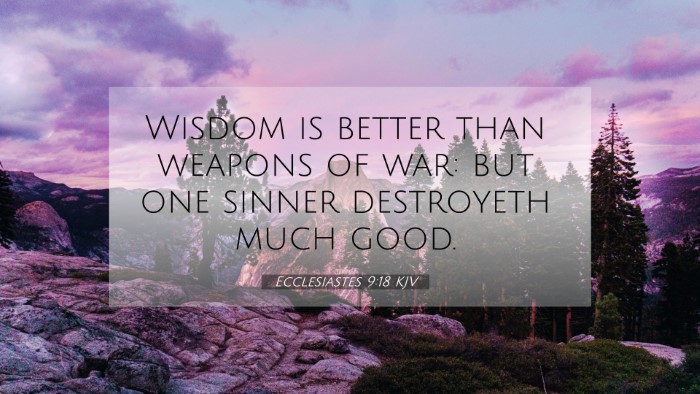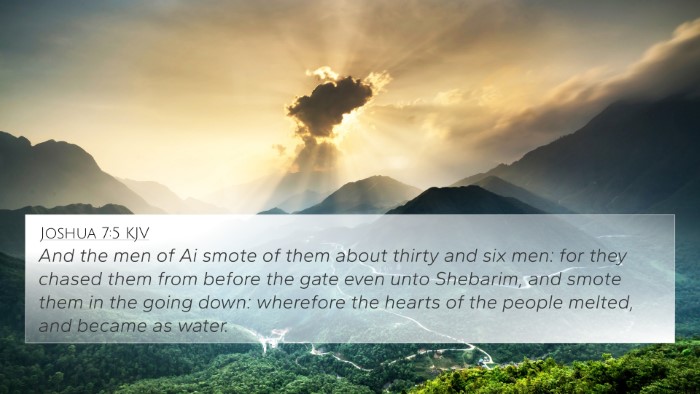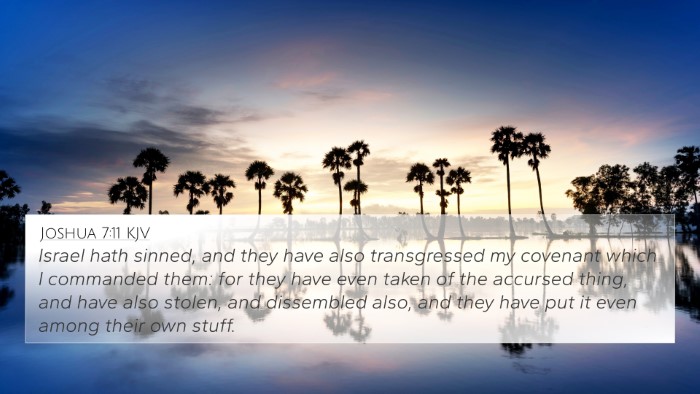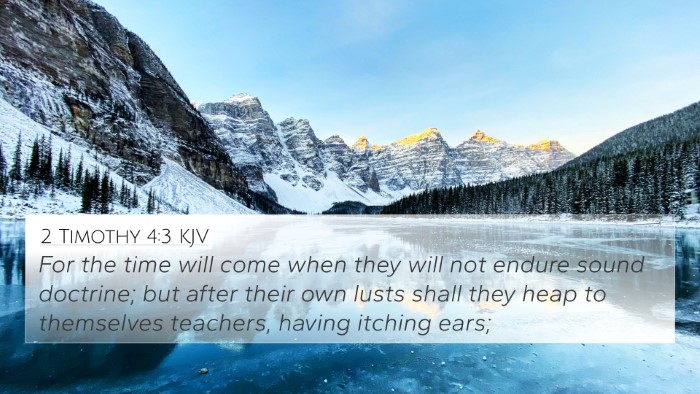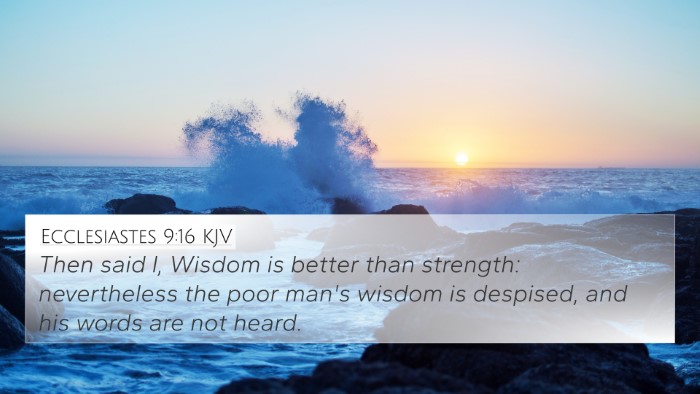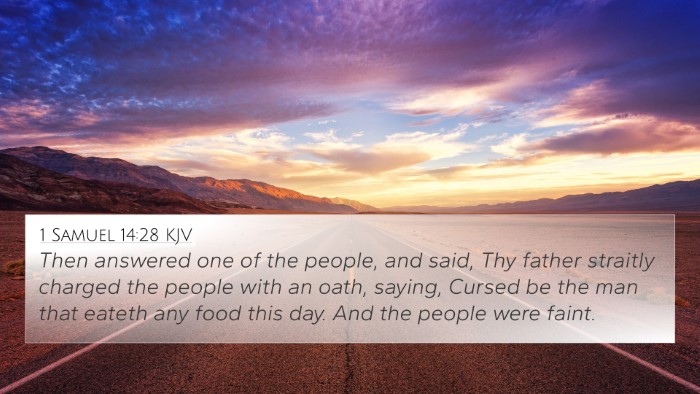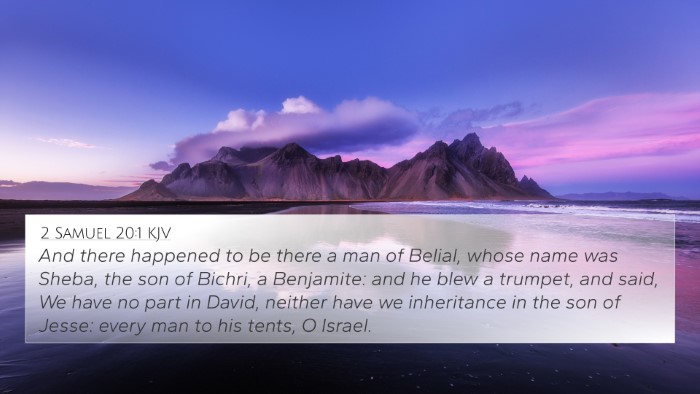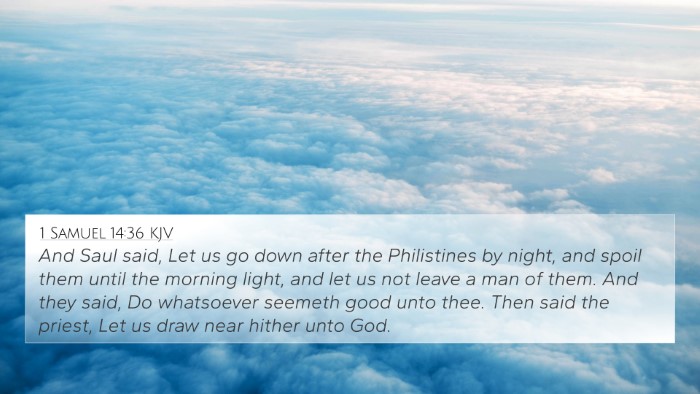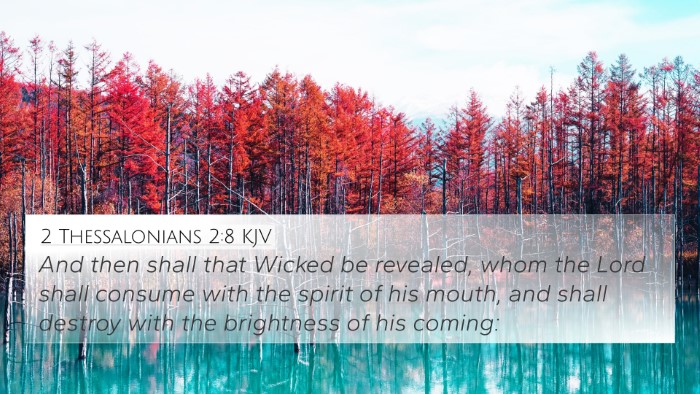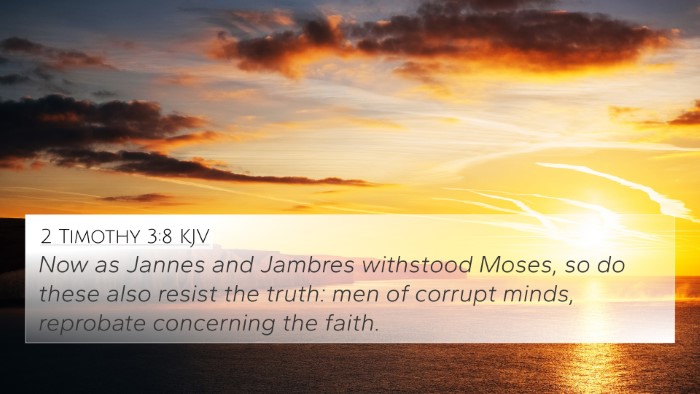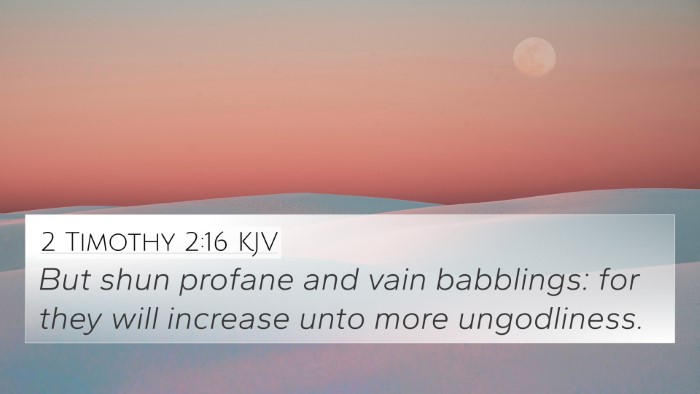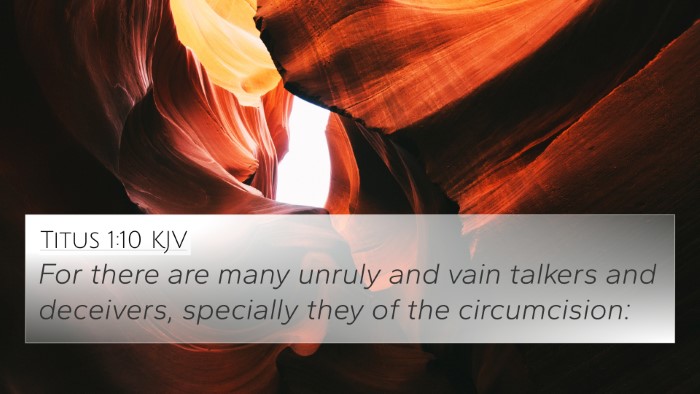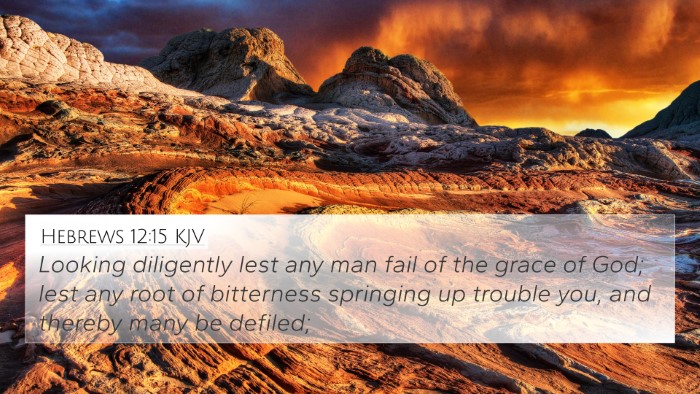Understanding Ecclesiastes 9:18
Ecclesiastes 9:18 states, "Wisdom is better than weapons of war; but one sinner destroyeth much good." This verse delivers a profound reflection on the nature of wisdom and its comparative power against brute force and the consequences of sin.
Verse Interpretation
This verse can be understood through the lens of wisdom and folly. The writer, traditionally considered to be King Solomon, emphasizes that wisdom holds greater value than the might of weapons used in warfare. While strength may conquer in the temporal realm, it is wisdom that secures victory in the spiritual and moral dimensions of life.
Insights from Public Domain Commentaries
Matthew Henry Commentary
Henry notes that wisdom, even in small measures, can achieve what weapons cannot. He asserts that wise counsel leads to peace and success, whereas the actions of the wicked can undo much good. The verse urges readers to appreciate the stability and effectiveness of wisdom as opposed to violence.
Albert Barnes' Notes
Barnes highlights the theme that while weapons bring destruction, wisdom fosters life and harmony. The impact of a single wicked individual is profound, capable of erasing the benefits of many good deeds. This alerts us to the importance of vigilance against evil influences in society.
Adam Clarke's Commentary
Clarke emphasizes the destructive potential of sin. He explains that while wisdom can guide and create order, the destructive actions of a sinner can lead to widespread ruin. Clarke stresses the necessity of pursuing wisdom to guard against the chaos that arises from evil deeds.
Bible Cross-References
Ecclesiastes 9:18 relates to several other passages, highlighting its themes of wisdom and the consequences of sin. Here are some key cross-references:
- Proverbs 21:22: "A wise man scales the city of the mighty, and brings down the stronghold in which they trust."
- Proverbs 14:1: "The wise woman builds her house, but the foolish pulls it down with her hands."
- Ecclesiastes 7:12: "For wisdom is a defense as money is a defense; but the excellence of knowledge is that wisdom gives life to those who have it."
- Proverbs 11:3: "The integrity of the upright will guide them, but the perversity of the unfaithful will destroy them."
- James 3:17: "But the wisdom that is from above is first pure, then peaceable, gentle, willing to yield, full of mercy and good fruits, without partiality and without hypocrisy."
- Proverbs 16:29: "A violent man entices his neighbor, and leads him in a way that is not good."
- Romans 5:12: "Therefore, just as through one man sin entered the world, and death through sin, and thus death spread to all men, because all sinned."
- Proverbs 1:7: "The fear of the Lord is the beginning of knowledge, but fools despise wisdom and instruction."
- Psalms 37:30: "The mouth of the righteous speaks wisdom, and his tongue talks of justice."
Connections Between Bible Verses
The connections illustrated in these verses show the interplay between wisdom and the destructive nature of sin. They underline the necessity of choosing wisdom over folly, emphasizing how the failure to do so can lead to ruin not just for the individual, but for society as a whole.
For instance, Proverbs 21:22 and Ecclesiastes 9:18 both refer to the efficacy of wisdom in overcoming challenges, contrasting it with the detrimental consequences of sinful actions exhibited in Proverbs 16:29. This demonstrates the overarching biblical theme that supports the value of wisdom in both individual and communal living.
Thematic Bible Verse Connections
When examining Ecclesiastes 9:18 alongside the referenced verses, it becomes evident that the Scriptures consistently advocate for the pursuit of wisdom while cautioning against the impact of sin. This thematic resonance can guide readers in their understanding of moral integrity and the importance of wise living.
Bible Reference Resources for Cross-Referencing
- Bible Concordance: A tool that indexes words and phrases from the Bible, allowing users to locate verses.
- Bible Cross-Reference Guide: Compiles suggestions for cross-referencing Scripture passages.
- Cross-Reference Bible Study: A methodical way to study the Bible by linking verses that address common themes or events.
Conclusion
In summary, Ecclesiastes 9:18 provides profound insight into the comparative value of wisdom against the backdrop of human folly. By incorporating the wisdom offered in various commentaries and exploring cross-references, readers can gain a deeper understanding of this verse and its application within the broader biblical narrative.


